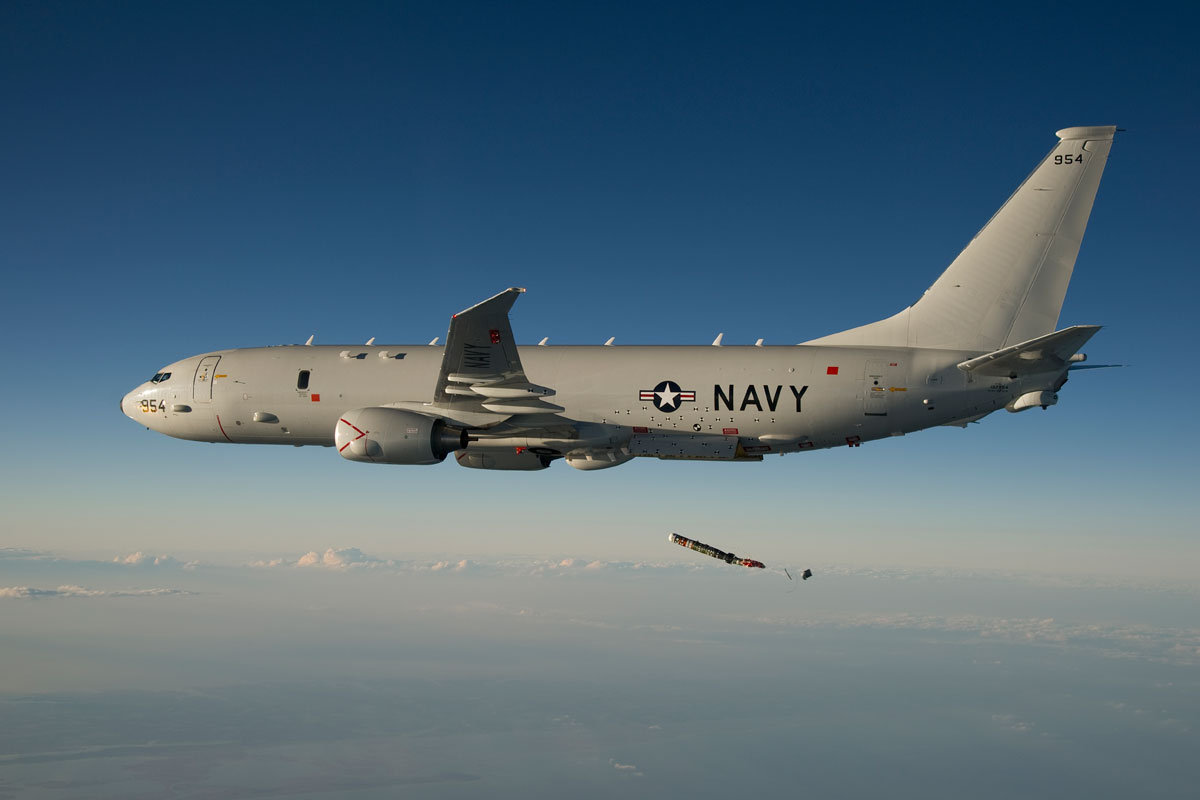SOURCE: AFI

The AUKUS nations (Australia, United Kingdom, and United States) are taking a significant step forward in maritime cooperation with the deployment of a new “trilateral algorithm” for their Boeing P-8 Poseidon surveillance aircraft.
All three AUKUS countries operate the P-8, a powerful maritime patrol aircraft manufactured by Boeing. The US has the largest fleet with 120 aircraft, followed by Australia with 12, and the UK with 9. A crucial component of the P-8’s anti-submarine warfare (ASW) capabilities is its use of sonobuoys. These expendable sensors are dropped into the water to detect and track submarines.
The new algorithm represents a breakthrough in collaboration. According to Vice Admiral Jonathon [Horowitz](USN Ret.), “we can access and process sonobuoy data from each other’s sonobuoys.” This shared data stream offers significant advantages:
Sonobuoy data is highly sensitive, revealing not only a nation’s sonobuoy deployment strategy but also potential submarine targets. Sharing this information signifies a high degree of trust between the AUKUS partners.
The automated data sharing reflects a practical reality: when any AUKUS nation hunts submarines, real-time information from other P-8 fleets can be crucial for success.
While India also operates P-8I aircraft, it is not currently involved in the AUKUS data-sharing program.